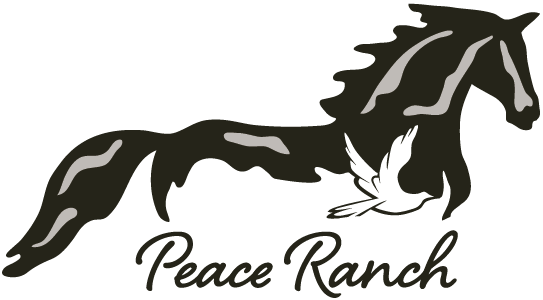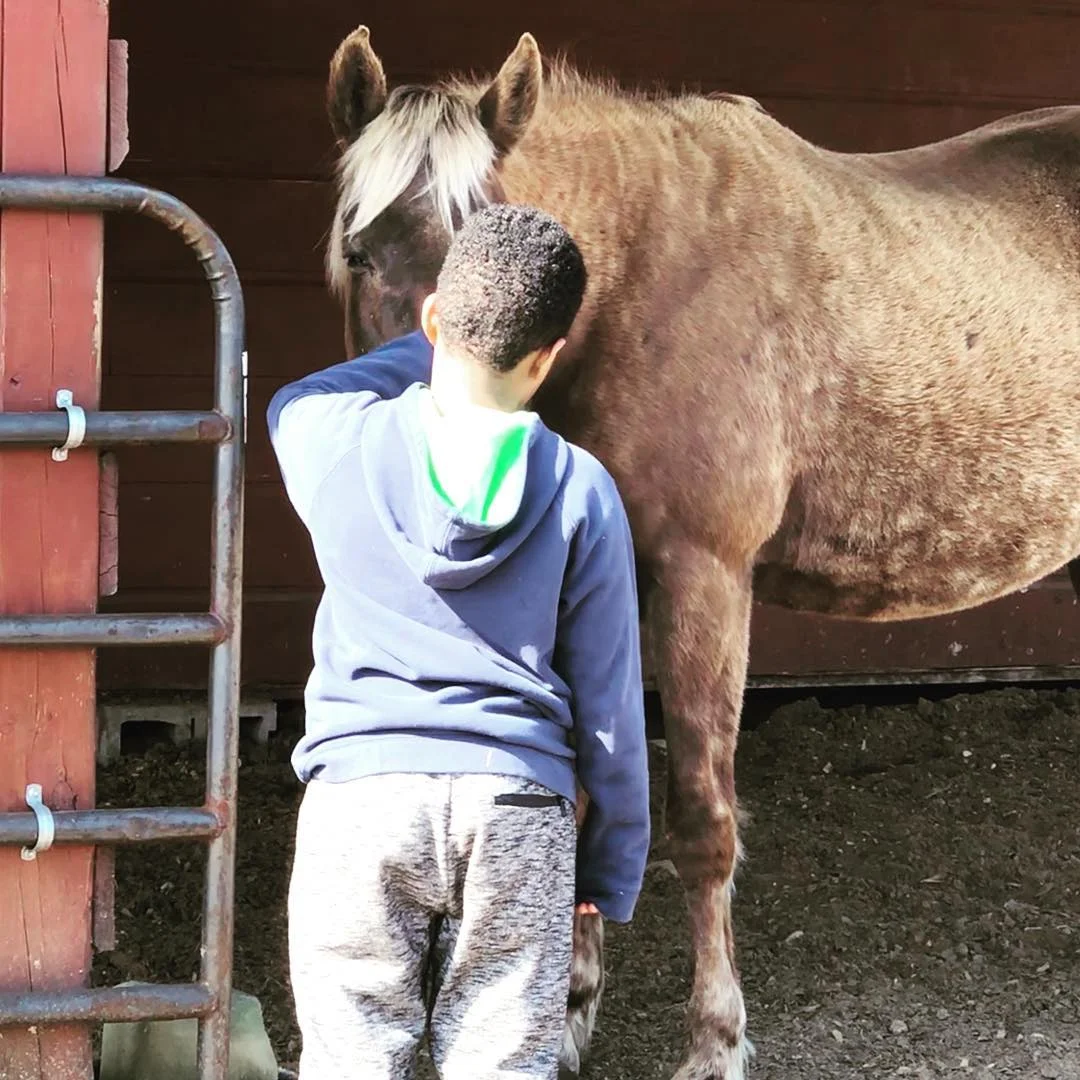Why Horses?
Horses are at the heart of transformation
Winston Churchill was ahead of his time, as recent neuroscience confirms. Trauma is processed in the lower, sensory region of the brain as an experiential injury. Trauma is most effectively treated by experiential therapy. Equine Assisted Psychotherapy and Learning are experiential models in which horses help people discover and overcome unhealthy patterns and behaviors.
“There is something about the outside of a horse that is good for the inside of a man.”
Working with horses:
Builds mindfulness, which counteracts traumatic anxiety, scatteredness, and tension.
Ignites movement and grounding, which decreases arousal and dissociation.
Creates connection, which decreases isolation, builds trust, and increases confidence.
Encourages engagement of the frontal lobe, which improves problem-solving and coping abilities.
Horses are:
Prey animals instinctively wired to read emotion and intent.
Non-verbal communicators, giving immediate feedback about actions and body language.
Non-judgemental and consistent in their responses.
One teen shared:
“I wanted to take my life multiple times and felt like I was going nowhere in life and that life had no real meaning. My first time at Peace Ranch, I was scared and nervous but I quickly came to love the long drive to the ranch and the smell of horses came to be a calming feeling.”
Finding that calming feeling or internal peace is often a turning point for people with trauma.






